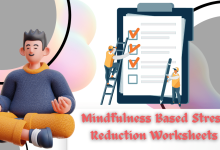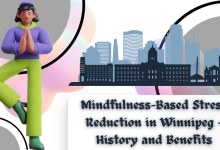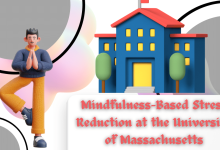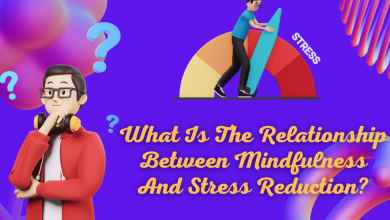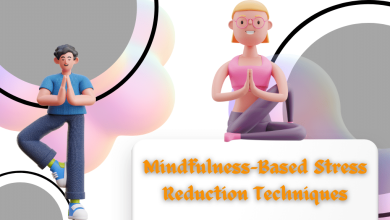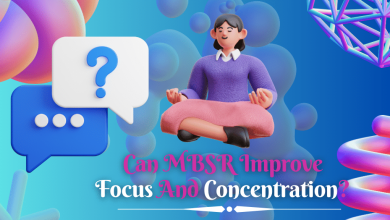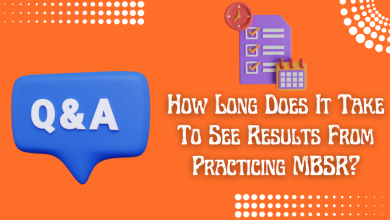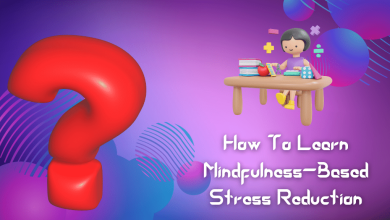Which Is Correct Regarding The Practice Of Mindfulness-Based Stress Reduction?
Mindfulness-based stress reduction (MBSR) is an effective method for managing stress and anxiety.
Developed by Jon Kabat-Zinn, MBSR involves practicing mindfulness meditation, gentle yoga, and other mind-body techniques to help individuals cope with stress and improve their overall well-being.
Let’s provide a brief explanation of MBSR before diving into the answer
What is MBSR? Brief Explanation
MBSR is a structured program designed to help individuals develop greater awareness and acceptance of their thoughts, emotions, and physical sensations.
It involves learning mindfulness practices that are rooted in ancient Buddhist teachings but have been adapted for modern Western audiences.
These practices can help individuals reduce stress, improve their ability to focus and develop greater resilience in the face of life’s challenges.
Which Is Correct Regarding The Practice Of Mindfulness-Based Stress Reduction?
The practice of Mindfulness-Based Stress Reduction (MBSR) involves the use of mindfulness techniques to reduce stress and improve overall well-being.
It has been shown to be effective in reducing symptoms of anxiety, depression, and stress-related disorders.
However, there is often confusion about the correct way to practice MBSR.
To understand the correct approach to MBSR, it is important to explore the use of mindfulness in the practice, the different mindfulness meditation techniques, the role of mindfulness-based cognitive therapy (MBCT), and how to practice MBSR effectively.
How Does MBSR Work?
MBSR works by training individuals to pay attention to their present-moment experiences with an attitude of openness, curiosity, and non-judgment.
By learning to be fully present with their thoughts, emotions, and physical sensations, individuals can gain greater insight into the sources of their stress and learn how to respond in more skillful and effective ways.
Examples of MBSR techniques:
- Mindful breathing: This involves bringing one’s attention to the sensation of the breath as it enters and leaves the body.
- Body scan meditation: This involves systematically scanning through the body, bringing attention to each part, and noticing any sensations or tension that may be present.
- Mindful movement: This involves practicing gentle yoga or other forms of movement with a focus on staying present with the body and breathing.
- Loving-kindness meditation: This involves cultivating feelings of warmth, kindness, and compassion towards oneself and others.
Benefits of MBSR: Research has shown that practicing MBSR can have a range of benefits, including:
- Reducing symptoms of anxiety, depression, and stress
- Improving sleep quality
- Enhancing immune function
- Reducing symptoms of chronic pain
- Improving cognitive functioning
- Increasing emotional regulation
Real-life Scenario – Illustration
Imagine a person who has been experiencing high levels of stress at work and is having trouble sleeping at night.
They feel like they’re constantly on edge and can’t seem to relax, even when they’re not at work.
They decide to enroll in an MBSR program to learn techniques for managing their stress.
Over the course of the program, they learn how to practice mindfulness meditation and gentle yoga.
They begin to notice a shift in their experience of stress – they’re more able to notice when they’re feeling tense and take steps to relax their body and calm their mind.
They start to sleep better at night and feel more in control of their emotions.
In conclusion, mindfulness-based stress reduction is an effective and evidence-based method for managing stress and improving overall well-being.
By learning to be more present with one’s experiences, individuals can gain greater insight into the sources of their stress and learn how to respond in more skillful and effective ways.
